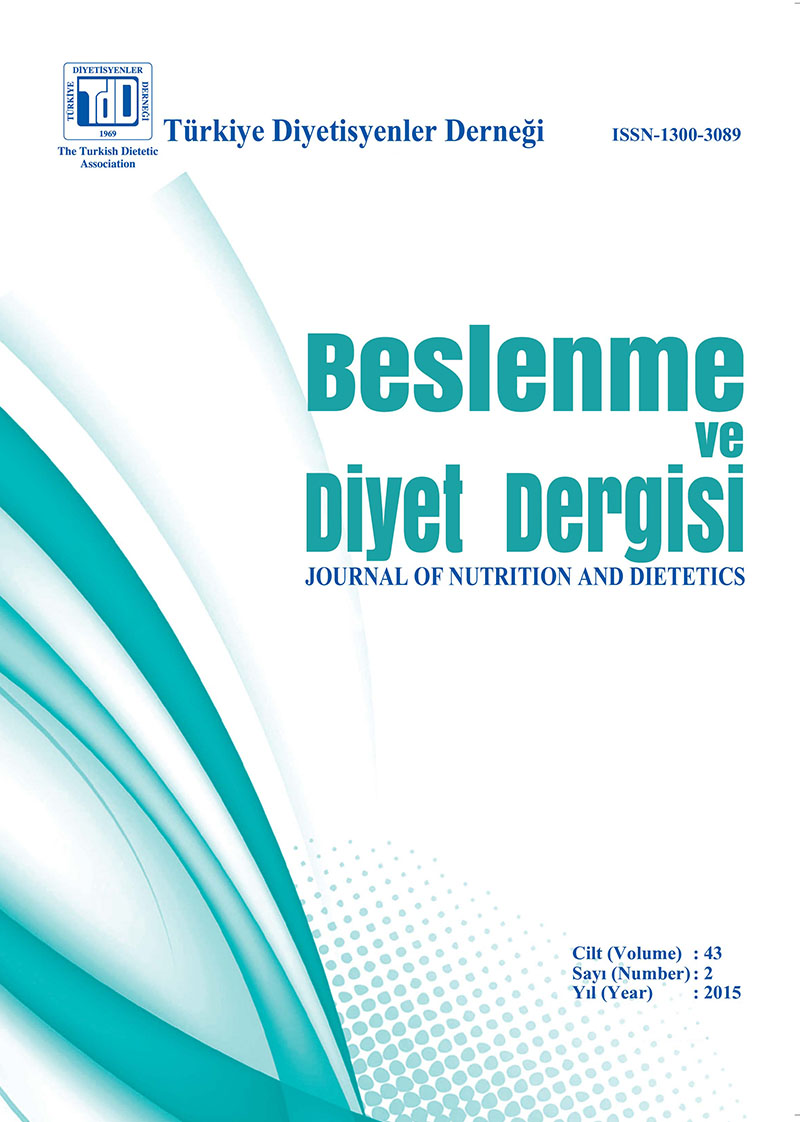A Study on Caffeinated Food and Beverage Consumption in Adolescents
Keywords:
Caffeinated food, adolescent, body mass indexAbstract
Aim: This study aimed to assess the consumption of caffeinated food and beverage in detail according to their gender;and physiological effects of caffeine in adolescents.Subjects and Methods: This study was conducted on 840 students, aged 11-19 years studying in two schools in Altindag, Ankara. The consumption of caffeinated food and beverage was examined using a caffeinated food frequency questionnaire with photos adapted by researchers. General characteristics and the behaviour of cafeine intake of the participants were recorded by a questionnaire. In addition, the symptoms seen after caffeine intake were assessed according to statements of participants. Body weight and height were measured; and body mass index (BMI) z scores was assessed using WHO Anthro plus 2007 programme. Statistical analysis was performed by using the SPSS 16.0 statistical package program. Results: The coke, energy drinks, ice tea and chocolate pudding consumption were greater than female students in male students and the difference was found to be statistically significant (p<0.05). Furthermore, insomnia (44.5% of students), frequent urination (17.2%), excitement (13.9%), anxiety (13.8%) and headache (11.3%) after the consumption of caffeinated foods were determined according to statements of participants.Conclusion: In this study, anxiety, insomnia, excitement, frequent urination following the consumption of caffeinated food and beverage was reported. Therefore, the assessment of caffeinated food and beverage consumption and informing about the possible metabolic and physiological changes during excessive consumption of these foods are important.

